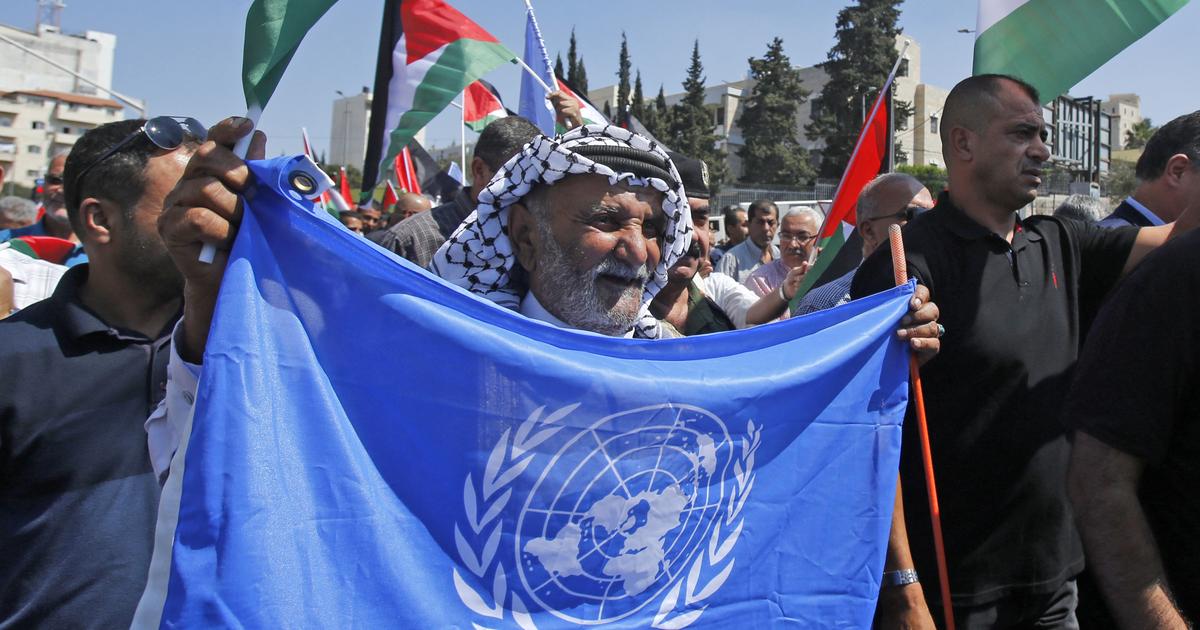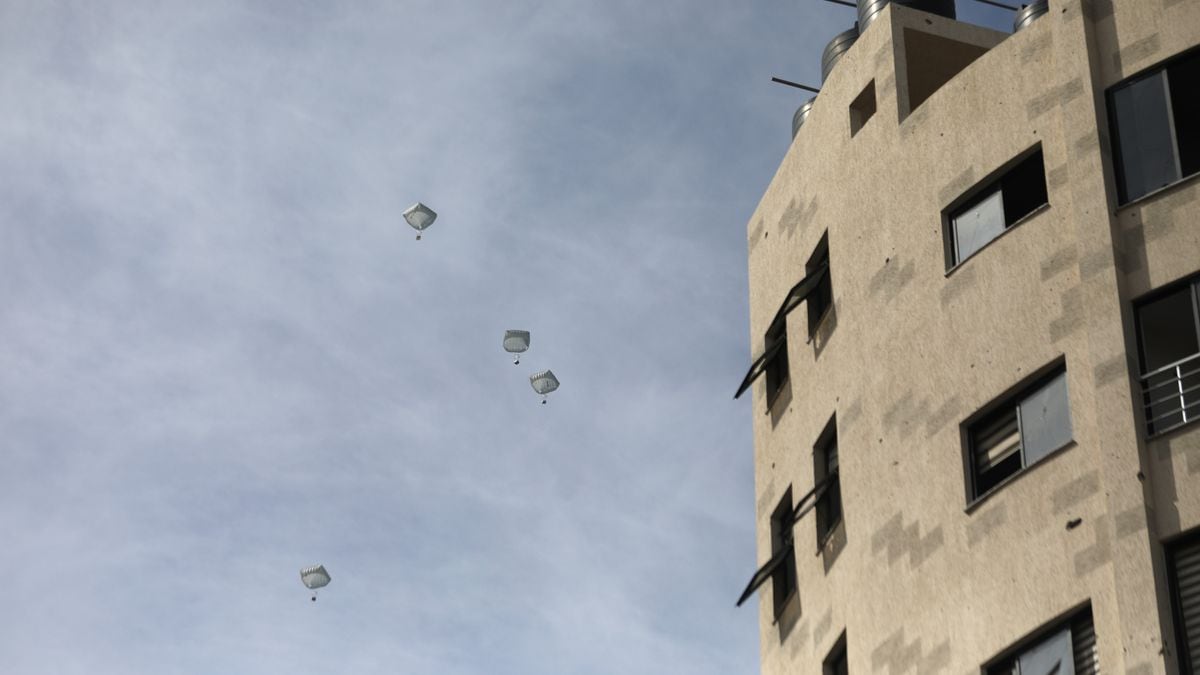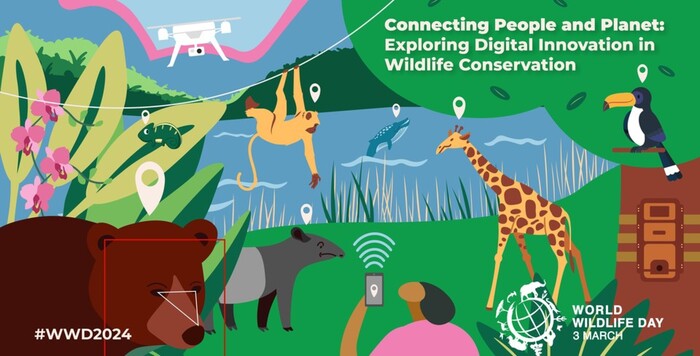- Click to share on Facebook (Opens in a new window)
- Click to share on Twitter (Opens in a new window)
- Click here to share on LinkedIn (Opens in a new window)
- Click to email a friend (Opens in a new window)
Editor's Note: Geovanny Vicente Romero is a lawyer and political scientist, with experience as a professor and advisor of public policy and governance. He is a political strategist and government communication consultant. He is currently completing a master's degree in Political Communication and Governance at George Washington University. He is the founder of the Center for Public Policy, Development and Leadership RD (CPDL-RD). The opinions expressed in this column are exclusive to the author.
(CNN Spanish) - The United Nations General Assembly is one of the six main organs of the world's most important global organization. This body, known as #UNGA by its acronym in English, is the only one in which all member states have the same representation, as well as the opportunity to address the world on equal terms avoiding disadvantageous situations typical of David's metaphorical history. and Goliath.
We know what often happens with political summits: it's all about protocol. In the case of the General Assembly, it is the ceremony in which more than 90 leaders of the world now meet, to give a speech, make some commitments and take the group photo, before retiring to their respective countries. We also know that many on landing on their lands return to the "original position mode." The summits, in many cases, leave us with three sensations: frustration, disappointment and failure. In fact, the famous American senator Barry Goldwater came to affirm that "the only summit that can succeed is the one that does not take place." I differ from this phrase, because we cannot be pessimistic about it, dialogue is and will be the best mechanism to solve our problems.
On the other hand, we have summits that have left us with a pleasant taste of the objective achieved, and the leaders who promote them, the satisfaction of the duty accomplished. Some summits have not been as successful but have had the intention, and in politics the genuine intention is called political will. Such is the case of the Oslo Accords where the temporary powers of both Israel and Palestine were established. The problem between these two countries has not disappeared but they came to sit at the table and discuss their future.
Another memorable case was the XX Rio Group Summit held in Santo Domingo, Dominican Republic. Although the main issue was energy, a political-military crisis broke out in the countries of South America when Colombian military raided Ecuadorian territory in persecution of members of the FARC. The result was the death of guerrilla leader Raul Reyes, the anger of Ecuador with the support of Venezuela and Nicaragua and the breakdown of relations with Colombia. The summit, with then Dominican President Leonel Fernández as host and mediator, managed to resolve the conflict after the apologies of Colombia.
LOOK : UN reveals report on climate change
Climate change summits can be as successful as peace summits if a genuine commitment is made. Recall the Paris Agreement, within the framework of the UN Framework Convention on Climate Change. These meetings were a total success, achieving the involvement of the 195 member countries, among these USA. He would later withdraw his signature with the arrival of the Donald Trump Administration. The commitment to reduce greenhouse gas emissions through mitigation, adaptation and resilience to the effects of climate change brought a ray of light to the climate crisis. It made us regain hope. The climate crisis is not solved only with summits but we do not have a better platform than the spaces that facilitate these world forums.
Returning to UNGA 2019, this world meeting constitutes the annual ceremony of the “Oscar for Global Policy”, as almost all presidents and heads of state - except for dictators such as Nicolás Maduro - travel this world catwalk accompanied by their delegations. On this occasion, the current session of the UN General Assembly brings a totally different tone to previous ones. It is less boring and more captivating, for a simple reason: the generational barrier was broken.
For the first time, all eyes of the world are not set on the words of President Trump. In fact, his lousy reading of the teleprónter on previous occasions has bored more than one who expected the entertainment to which we are accustomed: categorical judgments and incendiary phrases such as "Fire and Fury" for North Korea. Instead, all eyes and ears were on a 16-year-old teenager, Greta Thunberg, who with her "Greta effect" carries the message of her generation, precisely to the "Greta generation."
Without a doubt, I can say that although the General Assembly will last all week and there is still much to see and hear, it has been Greta's speech that has appropriated the peak of this meeting of leaders. This discourse, which can be titled "How dare you?", Moved the most sensitive fibers of much of humanity because of its openness. Young people have grown tired of letting adults decide everything and not giving them participation.
LOOK : Greta Thunberg: How dare they? We are at the beginning of a mass extinction and only talk about money
That old saying that "a swallow does not make summer" was dramatically wrong with Greta Thunberg. Just a year ago, Greta was just a Swedish girl who on Fridays instead of going to school, went to the outskirts of the Swedish Parliament where she sat holding her banner to ask for action against climate change. She alone protested. Today his movement known as #FridaysForFuture calls young people to protest on Fridays and the idea is splashed like wildfire around the world.
If world leaders do not act, what can we do?
Not everyone believes - some pretend not to believe - in climate change but one point on which we can all agree is that meteorological phenomena are increasingly extreme. This is an urgent call to action in line with the #ClimateAction bell. In just two years we have had an atrocious chain of hurricanes and storms that have affected not only the Caribbean, but also the US. Hurricane Maria was devastating in Puerto Rico and Dominica, and Dorian wanted to erase the Bahamas from the map. Then what are we waiting for?
The United Nations has published a citizen guide entitled “The Lazy Person's Guide to Saving the World”, which contains a series of actions that, although small, are significant if we all get involved.
Things that can be done from the couch:
- Let's save electricity. Let's turn off appliances and lights when we don't use them. Let's adjust the air conditioning system. On this initiative he had commented on an article on climate change for the Inter-American Development Bank (IDB), entitled “5 initiatives of responsible citizenship to stop climate change” in 2016.
- Climate change is here to stay and we don't know if the trees will witness this. The following advice comes from a person who loves to touch the paper and the smell of the books. Do not print! Need to remember something you have seen online? Write it in a notebook or, better yet, write it down on a digital note and save paper. The trees will thank you.
- Social networks constitute cyberspace where today's society communicates more easily. Stay informed about the progress of the Sustainable Development Goals (SDGs) through the @GlobalGoalsUN account. Take the opportunity to inform and share information using the #GlobalGoals tag.
Things that can be done at home:
- We all love those long hot showers that relax us. The guide of the bums recommends reducing them and saving water while using the soap.
- You can reduce your electricity bill through solar panels and it will do the planet and your pocket a great favor.
- It is time to get rid of that old TV and acquire a low-power model.
Things we can do outside the home:
- Get vaccinated and vaccinate your family. Protecting our loved ones from diseases also helps public health.
- Consume local products to prevent trucks from moving long distances. This will help the economy of your community, reduce poverty and be a creative source of jobs.
With these small gestures we will not immediately solve the climate crisis but we will know that the destruction of our planet will not rest on our shoulders. We do not borrow this home from our ancestors, we borrow it from those who have not yet been born. We owe them to them.









